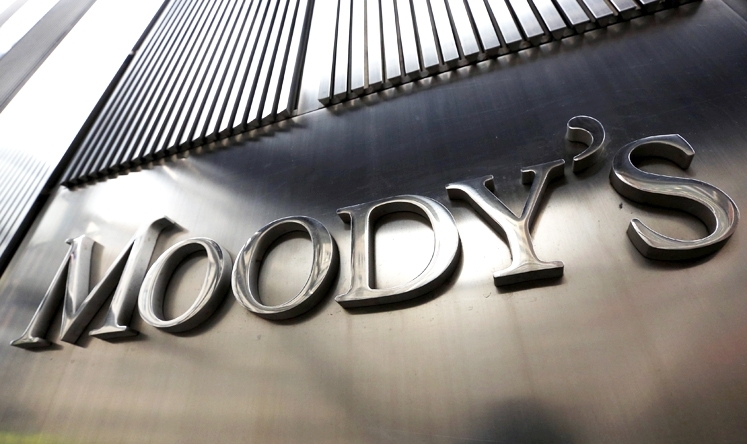A statement from one of the top global rating agency obtained on Tuesday,March 9, explained that the purpose of the ratings review was for Moody’s to assess the extent of the impact of the further fall in oil prices.
As part of the review, Moody’s will in particular assess the credibility and sustainability of the government’s plans and their ability to mitigate the impact of the lower oil price on Nigeria’s credit standing.
A downward rating adjustment for Nigeria would most likely be limited to one notch. But Moody’s would maintain and confirm Nigeria’s current Ba3 rating if the rating review were to conclude that the government’s plans represent a clear, credible fiscal and economic policy response, which offers the prospect of containing the deterioration in the government balance sheet to contain the impact of the sharp fall in the oil price. It aims to conclude the review within two months.
Nigeria is highly dependent on hydrocarbons to support economic growth and to finance government expenditure. Oil and gas account for over 90 per cent of goods exports and these exports expressed in percentage of nominal GDP are estimated at roughly 17 per cent of 2016 GDP. It also provides an estimated 40 per cent of consolidated government revenues (but between 60-70 per cent before the oil price shock).
Between September 2014 and September 2015, the oil price roughly halved. Since then, it has fallen a further 40 per cent. Moody’s recently revised its oil price assumptions for Brent to $33 per barrel in 2016 and US$38 per barrel in 2017, rising thereafter to $48 by 2019.
The agency explained: “The structural shock to the oil market is weakening Nigeria’s government balance sheet and its economy, and therefore also its credit profile. Between 2013 and 2015, revenue as a percentage of GDP declined by 4.3 percentage points and the fiscal deficit increased from 2.3 per cent in 2013 to an estimated 4.2 per cent in 2015 (which includes estimates of two per cent of GDP of accumulated arrears at state and municipal levels).
“During the same period, the country’s current account balance relative to GDP moved from a surplus of 3.7 per cent to a deficit of 2.8 per cent. Assuming no policy response and other factors being equal, the depressed oil prices for the coming years would imply larger fiscal deficits, resulting in a rise of 7.5 percentage points in Nigerian government debt between 2013-18. Total government debt would then reach 18 per cent of GDP by 2018.
“The roughly 25 per cent depreciation in the exchange rate against the US dollar since the start of the oil price drop has to some extent contained the impact of the oil price shock on the government’s revenues.”












